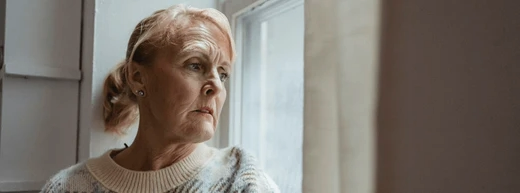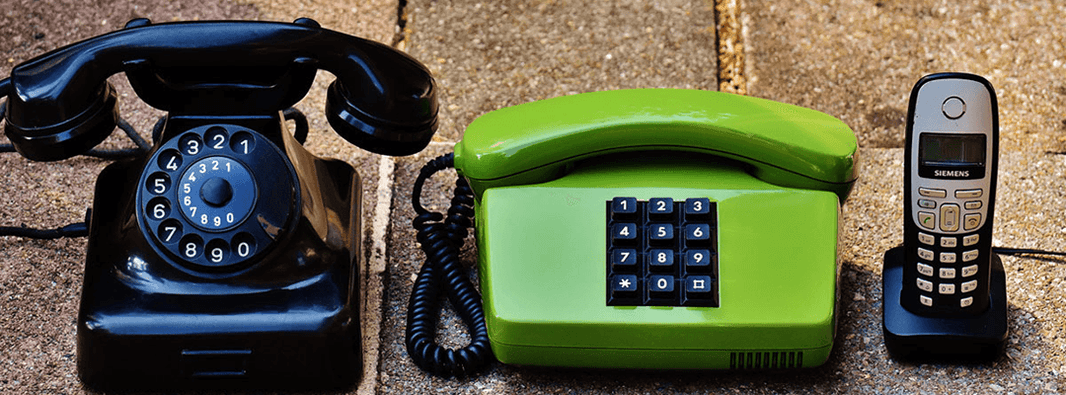In later life, it's important to find ways to fill your time. Being retired shouldn't mean life becomes boring. If anything, now is the time to explore new things and expand your horizons. There are so many hobbies you can get involved in. To help inspire you, here are our 5 favourite new skills to learn during retirement.
Many are very affordable (if not free) and totally practical, too. There is a hobby out there for everyone.
1. Learn a Foreign Language
Whether you're jetting off on holiday or want to expand your knowledge, learning a foreign language is still an excellent skill to learn in retirement. Around two-thirds of people in the UK only speak one language: English. Meanwhile, the vast majority of our European neighbours know two or even three languages fluently. Perhaps it's about time we levelled the scores.
Anyone with an internet connection and a suitable smartphone or tablet can download Duolingo. This is an incredibly popular language-learning app – and it's completely free! Duolingo currently offers free courses in 39 different languages. You could return to a language you learned at school with a course in French, German, or Spanish, for example. On the other hand, you could try your hand at something different, from Swahili to Hindi to Welsh. You can even learn fictional languages like Klingon or High Valyrian (from Star Trek and Game of Thrones respectively).
The benefits of learning a language are enormous. This hobby can help you keep your mind sharp and prevent the cognitive decline that can accompany ageing. Language learning can also boost your confidence and improve your memory. Definitely a skill worth learning during retirement.
Not sure where to get started? Babbel – another language-learning software – have curated a list of the easiest languages to learn.
2. Get Crafty
We could probably write a whole article on these skills alone. From drawing and painting to sewing and knitting to model making and even home-brewing, there is definitely a hobby for everybody here. The great thing about crafty hobbies like these is that you come out with something tangible at the end. Whether you eat it, wear it, or hang it on the wall, the fruits of your labour will be clear as day.
Some of these new skills might require a bit of specialist equipment, such as paintbrushes or knitting needles. However, if you can spare the initial expense, you might end up saving money in the long run. You could even turn your new skill into a small business by selling your creations online.
These are great skills to learn during retirement, especially in the run-up to Christmas or birthdays, because they could yield some wonderful homemade gifts for friends and family. If you aren't sure where to start, the internet is an incredible resource for craft beginners, with tutorials, patterns, and guides galore.
3. Indoor Gardening
Of course, gardening is already a very popular hobby. However, during the winter months, it can be difficult for lots of older people to spend time outdoors safely. Dropping temperatures and icy conditions provide plenty of reasons to stay inside.
Alternatively, perhaps you just don't feel confident outside. However, this doesn't mean you can't put your green thumbs to good use. Indoor gardening is a great skill to learn during retirement. Studies show that having plants in your home can reduce stress, boost your mood, and even reduce the symptoms of depression. Here are some good plants for beginner gardeners to try:
- Succulents like Aloe Vera
- Snake Plants
- Cacti
- Peace Lily
4. Learn a Musical Instrument
It's never too late to pick up a musical instrument for the first time. Lots of people think learning an instrument is too difficult or expensive to bother with, but this isn't true at all. There are lots of affordable instruments that are relatively simple to learn. With regular practice and enough dedication, you'll be playing your favourite tunes in no time.
But which instrument should you choose? Here are our suggestions:
- Ukulele: Smaller and lighter than a guitar (and considerably cheaper), the ukulele is a great choice for older beginners. There are only four strings, so chords are relatively simple.
- Piano: Electronic keyboards are very affordable (especially second-hand) and the piano isn't nearly as difficult as it seems.
- Recorder: There's a reason why so many schoolchildren learn the recorder. It's lightweight, portable, and easy to play because it doesn't take much breath to get a sound out of it.
- Harmonica: Although it requires a little more breath control than the recorder, it's still very lightweight and easy to learn. A great choice for beginners.
5. Baking
Fancy yourself a star baker? People up and down the country have donned their aprons and oven gloves over the past few years and its popularity hasn't waned. Google searches for "banana bread" peaked at 2.7 million in April 2020 and flour was flying off the supermarket shelves.
Baking is a great skill to learn or perfect in retirement for several reasons. Firstly, the act of baking can be almost meditative. It requires concentration when weighing and measuring ingredients or decorating cakes, which can be a welcome distraction from the outside world. Next, the satisfaction of taking your finished bake out of the oven and tucking in with your family can give your self-esteem a significant boost. Last but not least, it yields delicious results. Need we say more?
Peace of Mind with Careline365
We all want to be sure that our elderly loved ones are safe in their homes. A personal alarm system from Careline365 can offer peace of mind to both the alarm user and their loved ones alike. If the user needs help for any reason but can't get to the phone, they can press their Careline button. This will send an instant alert to our Care Team, who will reassure the user and quickly arrange help.
For more information about our Careline alarm service, give us a call on 0800 030 8777 or read our Careline alarm guide.
To order a Careline alarm for yourself or someone you know, view our products or get in touch.









